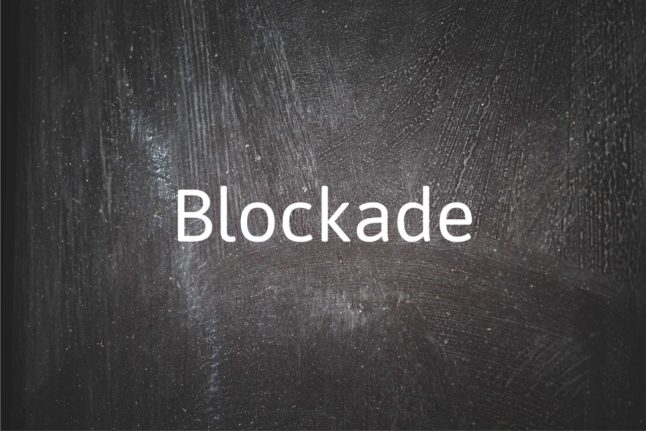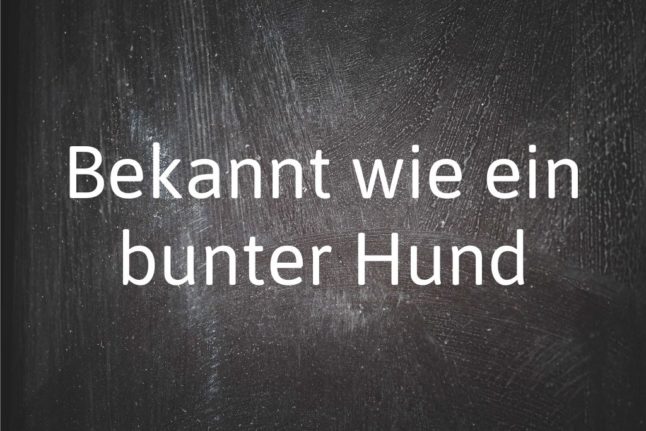Why do I need to know Blockade?
As well as being a useful word in general, die Blockade is also one that is highly topical, whether you’re reading about protests on the street or deadlock and inaction in the political sphere.
What does it mean?
As you might have guessed, die Blockade is similar to the word blockade in English, though in German it tends to be used more broadly.
You can use the word Blockade to talk about actions that prevent something else from happening, whether it’s an opposition party in the Bundestag blocking a controversial bill from passing or an artist’s lack of inspiration that prevents them working on a new project.
In a more literal sense, you’ll probably hear or read the word Blockade when it comes to street protests – most commonly climate activists blocking lanes on the motorway, for example.
On a grander scale, eine Blockade can refer to the cordoning off of sections of sea, air or land in a specific region, such as Israel’s blockade of the Gaza Strip that has stymied the free movement of people and goods in and out of the area for 17 years, or the Soviet Union’s blockade to limit gas and electricity in West Berlin from 1948 to 1949.
A word of warning: despite the similarities in spelling, the German word is pronounced very differently from its English counterpart, so be sure to use the German pronunciation whenever you’re using the word in German.
Use it like this:
Dank des Protestaktions, drohen Blockaden auf Straßen.
Thanks to the protests, there could be road blockades.
Diese Politikern regieren nicht, sondern nur Blockaden aufstellen.
These politicians don’t govern – they just put up blockades.



 Please whitelist us to continue reading.
Please whitelist us to continue reading.
Member comments